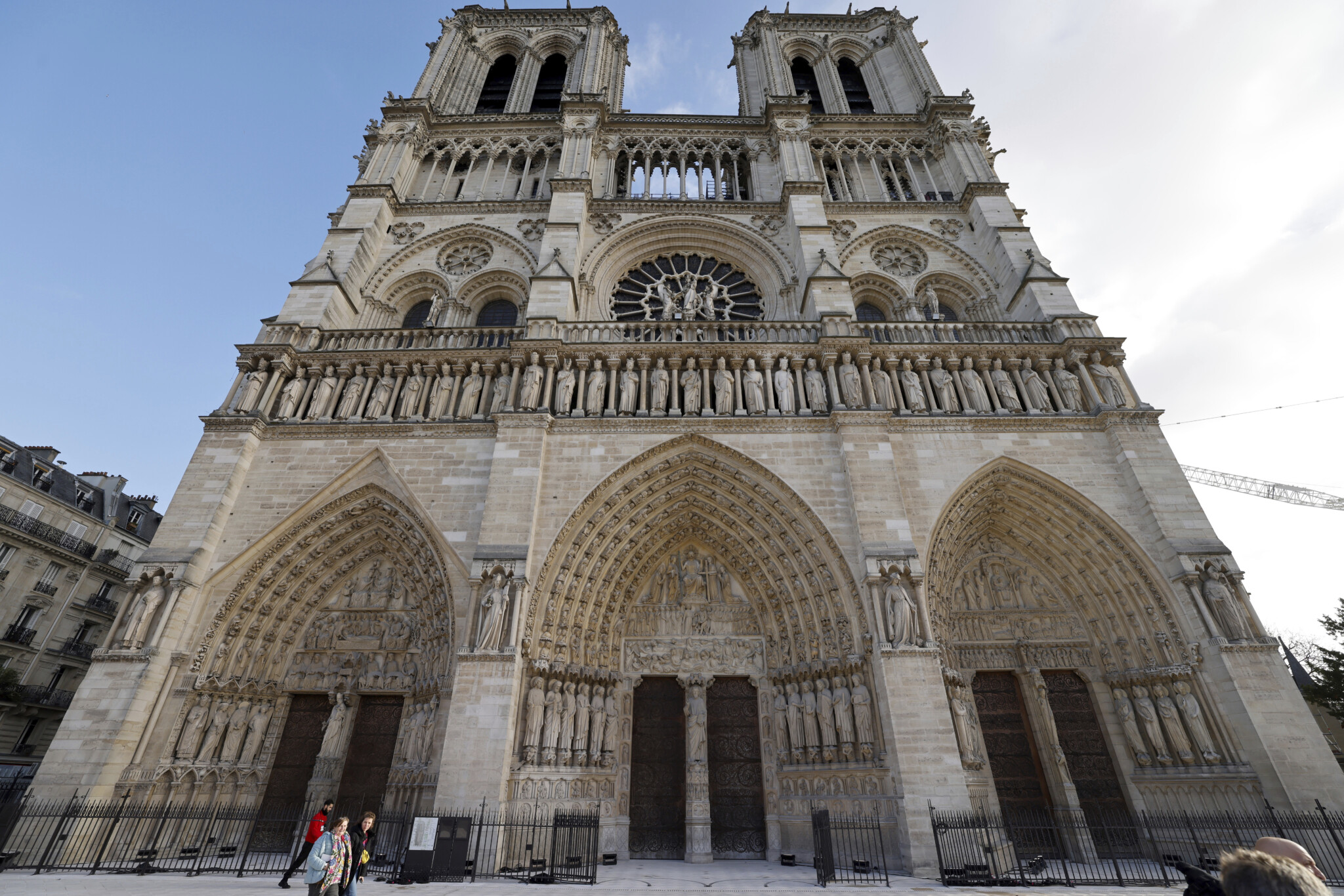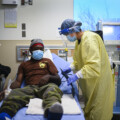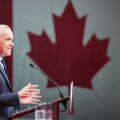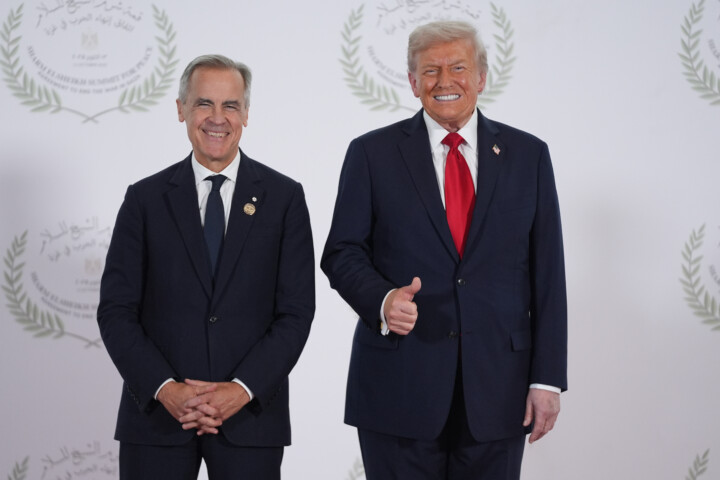In this week’s Hub book review, Patrick Luciani examines Who Will Defend Europe?: An Awakened Russia and a Sleeping Continent (Hurst & Co., 2024) by Keir Giles, which lays out the consequences of the West’s failure to confront Russia’s aggression.
Something strange happened in Paris last week that has gone unnoticed. At a different time, the Pope would have attended the reconstruction and blessing of a symbol of Christianity such as the Notre Dame Cathedral. Instead, the newly rebuilt church was filled with political dignitaries, including President-elect Trump, First Lady Jill Biden, Elon Musk, and Prince William; the Pope was nowhere to be found.
Those dignitaries who did attend were there not to celebrate Europe’s Christian or Catholic heritage but to demonstrate the power of the state when French President Emmanuel Macron promised to rebuild the cathedral in record time. Notre Dame was now a tribute to the state and French determination, not to the glory of God.
Douglas Murray, in his book The Strange Death of Europe, reminded readers that Pope John Paul II pleaded with European leaders to at least mention the role of Christianity as they were writing a new EU Constitution 20 years ago. The Pope lost that battle, giving way to a new Europe filled with the modern language of rights, laws, and institutions without reference to the religious source that gave it life. But tributes to policy are no substitution for spiritual inspiration.
Europe’s heritage and contributions to Western civilization through the arts, music, medicine, literature, science, and philosophy are now the sources of the world’s problems from capitalism, colonialism, racism, and genocide. Shakespeare, Goethe, Racine, Dante, Freud, and Toscanini are now just purveyors of oppression and misery. Europe is captured by the tyranny of guilt. It is trying to make amends through a policy of multiculturalism as immigration changes the nature of what it means to be European.
Keir Giles, director of the Conflict Studies Research Centre in the U.K., continues on this theme of a distracted and less-than-confident Europe in his new book Who Will Defend Europe?: An Awakened Russia and a Sleeping Continent. Since the fall of the Soviet Union, Western Europe has let its military shrink while expanding its social programs and outsourcing its defence to the United States. European military leaders were well aware of Vladimir Putin’s intentions when Russian troops occupied Crimea in 2014, but Europe’s political leaders and President Obama weren’t. They were satisfied that anemic sanctions would punish Russia, such as restricting a few of Putin’s wealthy friends from travelling to the U.S.
After the invasion of Ukraine in February 2022, we now see how badly prepared Europe was to confront a Russia determined to take advantage of a weak European military and a distracted U.S. president bogged down in Afghanistan. Russia keeps its war effort going with drones from Iran and endless shells—and now troops—from North Korea, while China helps Putin circumvent sanctions on his economy. The U.S., Germany, the U.K., and France were willing to give Ukraine enough military aid to stave off Russia but not enough to win the war despite the unimaginable brutality inflicted on Ukrainians not seen since the Second World War.
In the case of the U.K., Giles paints a bleak picture of his country’s military. Under Boris Johnson, the country was an enthusiastic supporter of Ukraine, but a reluctant Foreign Ministry and bureaucratic Ministry of Defence have made transfers of military equipment harder to maintain. The U.K. now spends more on social welfare than its entire defence budget. In 1956, it allocated around 7 percent of GDP to defence, compared to 2.3 percent in 2023. The British Army is down 30 percent from 2000 and is the smallest since the 1790s. Giles concludes that the British have outsourced their fighting to European allies.
Macron, until recently, was reluctant to tangle with Russia, blaming Europe for provoking Putin following the logic of realists such as political scientist John Mearsheimer. Now Macron has seen the light after Putin’s atrocities in Bucha and calls for the defeat of Russia. The problem is that Western European nations aren’t ready for military engagement.
Who Will Defend Europe shows how member countries use creative accounting methods to exaggerate their military spending—including military pensions—to reach the magic 2 percent GDP demanded of the 32 NATO members. Countries closer to Russia, such as Poland, spend over 4 percent without fudging the numbers, while those further West, including Italy and Spain, are far below their NATO spending commitments.
Germany under Angela Merkel has allowed her country to sink to the point where three-quarters of the population opposes a military leadership role for their country.
Giles has done an excellent job of tearing away the façade of European military preparedness, except for Finland, Sweden, and Poland. These countries know the dangers of living close to their historical enemy. Lithuania, Latvia, and Estonia are also determined to fight, but they know that without NATO’s help, they will be inevitable targets if Ukraine falls.
Giles ends his book by hoping that Europe will finally wake up to the threat of a belligerent and aggrieved Russia and to the reality that peace can only be bought with the insurance policy of a strong military.
Europe may be saved for the time being, not because it has finally determined to face reality, but because Russia has overplayed its hand and is too weak and ill-prepared to fight a prolonged war. Despite Kremlin denials, the sanctions imposed after the invasion of Ukraine have been costly to Russia’s economy. But hoping that Russia will defeat itself is a dangerous and failing strategy. Europe’s only option is a strong, committed military designed for victory, not appeasement.
Europe may finally realize its real strength is remembering who they were and what made them great. Notre Dame and its reconstruction may remind and inspire them.











